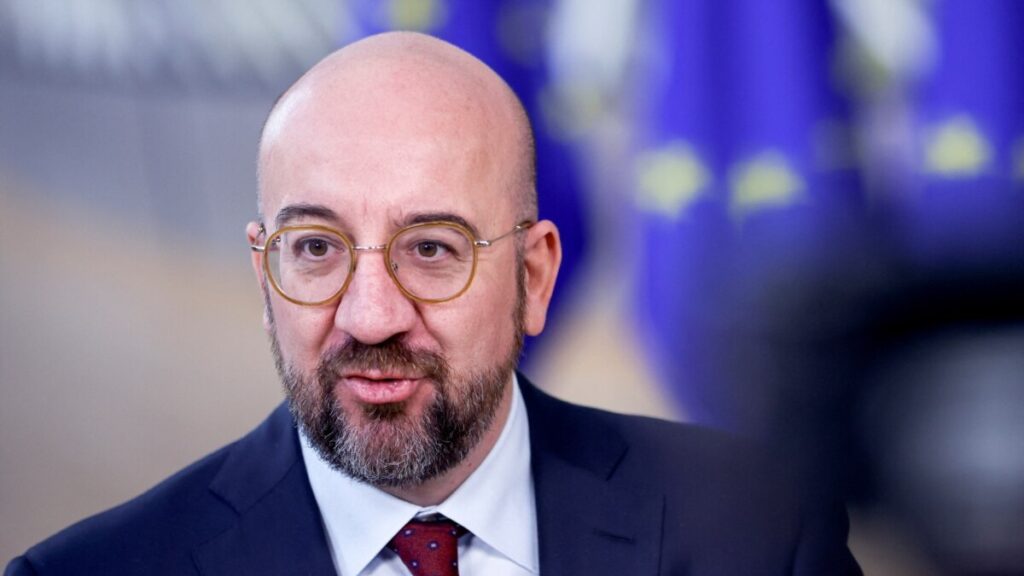Armenia and Azerbaijan issued an unexpected joint statement, the first of its kind that did not bear the signature of any mediator working on the peace process between the two.
According to the statement, Armenia and Azerbaijan “share the view that there is a historical chance to achieve a long-awaited peace in the region.”
“The two countries reconfirm their intention to normalize relations and to reach the peace treaty on the basis of respect for the principles of sovereignty and territorial integrity,” it read.
“Following the talks between the Presidential Administration of the Republic of Azerbaijan and the Office of the Prime Minister of the Republic of Armenia, an agreement has been reached on taking tangible steps towards building confidence between the two countries.”
The statement announced an agreement on the exchange of 32 detained Armenian military servicemen for 2 Azerbaijani servicemen, “driven by the values of humanism and as a gesture of goodwill.”
All known prisoner exchanges in the past have taken place through the efforts of mediators.
The statement also announced Armenia’s support for Azerbaijan’s bid to host the 29th Session of the Conference of Parties (COP29) to the UN Framework Convention on Climate Change, by withdrawing its own candidacy. In return, Azerbaijan supports Armenia’s candidacy for Eastern European Group COP Bureau membership. This also marks the first time the two countries have publicly backed each other’s leadership in international bodies.
Since the Second Karabakh War in 2020, Armenia-Azerbaijan peace talks have proceeded on two separate tracks, one mediated by Russia and the other by the EU and U.S.
The peace process had been at a near-standstill, particularly since Baku’s full takeover in September of Nagorno-Karabakh, the territory that had been at the heart of the dispute between the two countries for more than 30 years.
After that, it looked like there were no more barriers to reaching a peace treaty between the two countries, with the de facto Armenian government in Nagorno-Karabakh initiating its own dissolution and Armenia accepting the territory as part of Azerbaijan. However, the sides still retained their disagreements, with Azerbaijan continuously snubbing peace talks over its newfound discontent with mediation by Western countries.
In November, the Armenian foreign ministry reported that it had sent its latest proposal for a peace agreement to the Azerbaijani side.
On December 6, speaking at a forum in Baku, Azerbaijan’s President Ilham Aliyev confirmed its receipt and said his government would reply soon, but also complained of an alleged Armenian delay in communication.
“[I]t’s a document of maybe six-seven pages maximum with less than 20 articles. So for such a small document, Armenia needed 70 days to respond to us. And they responded only after the Azerbaijani foreign minister publicly disclosed that,” he asserted.
“Look, we’re waiting for two months. Why don’t you respond? So, this shows that the side which delays the process is not Azerbaijan, it is Armenia. Why did they delay? I don’t know whether it was their own decision or they were advised by their new friends in some European capitals. I don’t know, I can only suspect.”
The deal was welcomed by the EU, the U.S. and Russia.
It was regarded by observers as historic and promising.
“Most importantly, it shows that Baku and Yerevan can deal, offering hope for further talks and, perhaps even eventually, a peace deal and normalization of relations between the two countries,” Zaur Shiriyev, analyst with the International Crisis Group, wrote on X.
Some analysts, both in Armenia and Azerbaijan, suspected that there was some behind-the-scenes mediation, particularly since the statement was released the day after U.S. Assistant State Secretary James O’Brien met Aliyev in Baku.
Former Armenian diplomat Sossi Tatikyan speculated on X that there might have been “robust 3rd party mediation/shuttle diplomacy, but it preferred to stay backstage to save Aliyev’s face.”
Baku-based political analyst Shahin Jafarli wrote on Facebook there is “no doubt that both this agreement and the decision to hold an early presidential election [in Azerbaijan] are related to the U.S. delegation’s visit.”
However, he still noted that the joint statement and agreed confidence-building measures are “historically significant and aimed at preparing real grounds for peace”.
Source : Eurasianet


